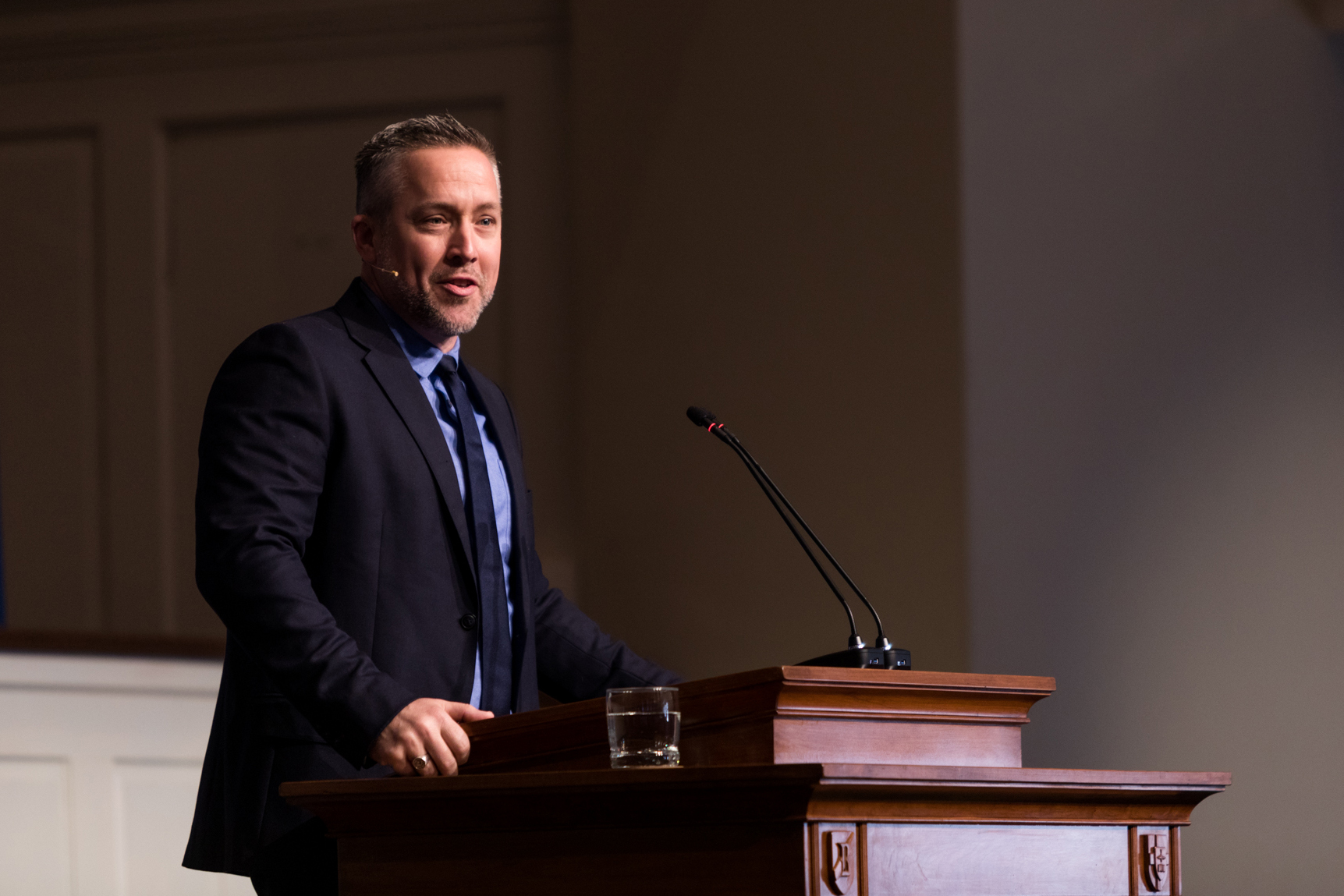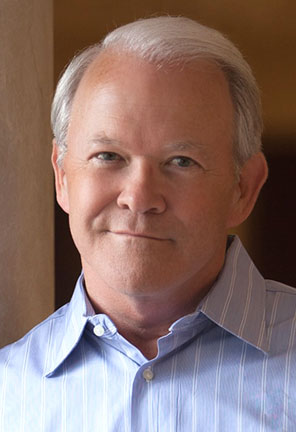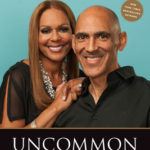
KANSAS CITY, Mo. (BP) — Having a high regard for the use of language, much of today’s movie dialogue — and sometimes everyday conversation — causes me to cringe. It’s an era when your “Thank you” to a cashier is met with “No problem.” Your waiter approaches your mixed group with “Hi, guys.” And celebrity interviewees frequently utter phrases such as “Dude, I was all like …” as if they were 14-year-old ’80s Valley girls.
It confounds me that sloppy and crude language is so uniformly embraced despite all the opposite examples found in masterpiece literature. And many of the classic films have used language in a way that feeds the soul. Here are a few examples:
From “Ben Hur,” we hear an eloquent witness from the newly converted Judah Ben Hur, played by Charlton Heston: “And I felt His voice take the sword out of my hand.”
We all know this thoughtful line from Clarence the angel in “It’s a Wonderful Life”: “Strange, isn’t it? Each man’s life touches so many other lives, and when he isn’t around he leaves an awful hole, doesn’t he?”
Eloquence in speech is often simple, yet poignant, as is this case from Ian Charleson in “Chariots of Fire,” depicting Eric Liddell, an Olympic runner who went on to become a missionary: “I believe that God made me for a purpose. For China. But He also made me fast. And when I run, I feel His pleasure.”
Simple and poignant and loving, as delivered by Tess Harper to her husband and son in “Tender Mercies:” “Every night, when I say my prayers, and I thank the Lord for His blessings and His tender mercies to me; you and Sonny head the list.”
My disenchantment with the accepted vernacular of our day may come across as elitist. Worse yet, my judging the speech or writing of others is rather like “the pot calling the kettle black.” As most English teachers and my spellchecker will confirm, I am not the best representative of the language of Dickens, Shakespeare or King James.
So how dare I point a finger?
Because most others are busy redefining, respelling and re-encrypting words via text messaging!
I would think twice before correcting the grammar of someone who brings me my food. Those who attempt to entertain us, that’s a different matter.
It may be wrong to single out members of the music industry for their assault on the English language. Let’s just say, it’s a start. The invectives by rappers, for example, are the percussion of their profession, yet their corrosive speech is nonetheless celebrated on every music award show.
Moviemakers are just as guilty. Can you name an actor from this era who doesn’t curse on camera?
Words should be valued. As John Wayne said in the 1961 western “The Commancheros,” “Words are what men live by — words they say and mean.”
Words, according to England’s Lord Chesterfield, are “the dress of thoughts; which should no more be presented in rags, tatters, and dirt than your person should.”
If you are soaking up foul language through the media, pretty soon that’s how you’ll express yourself. One statement from an obscure 1987 film “I’ve Heard the Mermaids Singing” puts it perfectly: “Your head is like a gas tank. You have to be really careful about what you put in it, because it might just affect the whole system.”
The Bible takes it a step further and clarifies this column’s true intent: “… For out of the overflow of the heart, the mouth speaks” (Matthew 12:34 NIV).
Recently, as my 94-year-old mother and I approached a grocery store cashier, the young man smiled and said, “Hi, guys.” (Cringe.) But as we were leaving, he didn’t offer the trained parting phrase, “Have a nice day.” Rather, he blessed us with, “I hope you guys have a very good day.”
Proper English? Perhaps not. His intent, however, was more than just an expression of courtesy. He made us feel like he truly cared. Now that’s a use of language at its finest.
“A word aptly spoken,” Proverbs 25:11 (NIV) tells us, “is like apples of gold in settings of silver.”
We need to encourage and uplift through deed and discourse. Who knows? Your thoughtful, well-chosen words may just help someone have a very good day.























